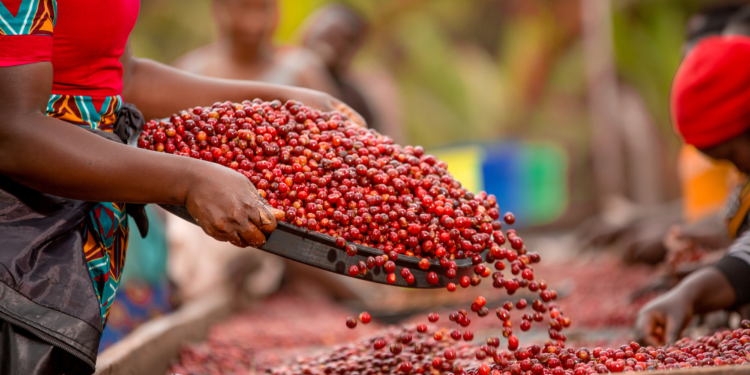Cooperative and Small Medium and Micro Enterprises (MSMEs) Cabinet Secretary, Simon Chelugui, has announced that the ministry has introduced the Cooperative Bill 2023 and Coffee Bill 2023 to enhance the efficiency of the coffee sector’s administration and combat fraudulent practices by cooperative officials.
The decline in the nation’s coffee production from 128,000 tonnes to 51,000 tonnes has been attributed to factors such as low prices, poor management, and theft of produce from factories. In response, the government, under Chelugui’s guidance, has established a minimum price of KES 80 per kg of coffee.
Farmers will receive KES 40 upon delivery to the factory and an additional KES 40 after the milling process. Payment will be facilitated through a Direct Sales Agreement (DSS) to farmers’ Mpesa or bank accounts upon the sale of their coffee.
Chelugui emphasized these initiatives during a sensitization and registration forum on the Coffee Cherry Advance Revolving Fund in Kisii town. He encouraged farmers to enhance the quality and quantity of their coffee to capitalize on the rising global market prices.
To further support farmers, the government has granted licenses to 14 cooperative unions nationwide, enabling them to represent farmers at the Nairobi Coffee Exchange (NCE). This move aims to streamline the representation of farmers and ensure their interests are effectively represented in the market.


















